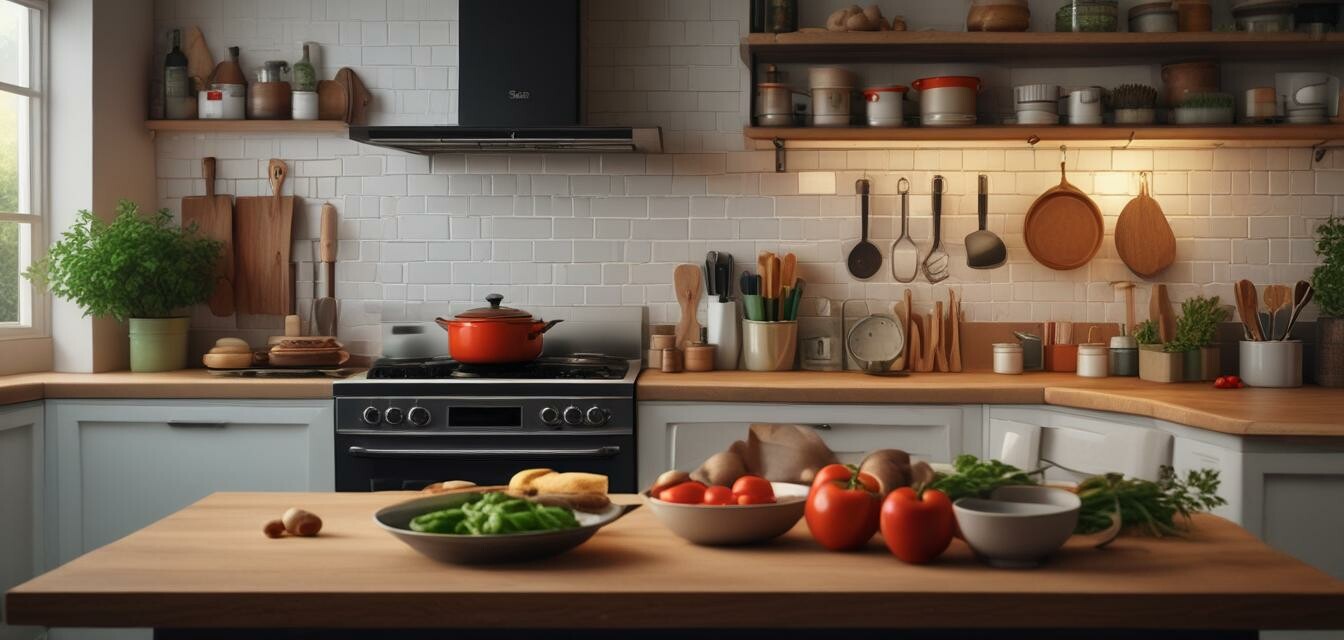
Beginner’s Guide to Cooking Techniques
Key Takeaways
- Understanding basic cooking techniques is essential for every home cook.
- Six fundamental techniques can boost your confidence in the kitchen.
- Practice makes perfect—start with simple recipes.
- Investing in the right tools helps improve your cooking experience.
- Experimentation leads to culinary creativity.
Cooking is both an art and a science, and mastering essential cooking techniques is fundamental for every home cook. Whether you’re learning to sauté vegetables or simmer a sauce, understanding these basic methods will take your culinary skills to new heights. This guide focuses on six core cooking techniques every beginner should master, along with tips to make your cooking journey enjoyable and successful.
Essential Cooking Techniques
| Technique | Description | Tips |
|---|---|---|
| Boiling | Cooking food in water or broth at 212°F (100°C). | Use enough water; add salt for flavor. |
| Sautéing | Quickly cooking food in a small amount of oil over high heat. | Keep the food moving in the pan for even cooking. |
| Baking | Cooking food using dry heat in an oven. | Use precise measurements for best results. |
| Roasting | Cooking food in an oven or over an open fire. | Ensure even heat by allowing space between items. |
| Grilling | Cooking food over direct heat, usually on a grill. | Preheat the grill for best flavors; use marinades. |
| Steaming | Cooking food using steam from boiling water. | Keep the lid on tight to retain steam and nutrients. |
Tips for Beginner Cooks
Beginner Cooking Tips
- Start with simple recipes to build your confidence.
- Use a sharp knife; it's safer and makes cooking easier.
- Gather all your ingredients before starting a recipe.
- Read recipes thoroughly before starting to avoid surprises.
- Don’t be afraid to make mistakes; they are part of learning!
Invest in the Right Tools
While learning techniques is crucial, having the right tools also enhances your cooking experience. Here are some essential items every beginner cook should consider:
| Kitchen Tool | Purpose |
|---|---|
| Chef's Knife | Versatile for chopping, slicing, and dicing. |
| Cutting Board | Protects surfaces and makes cutting easier. |
| Pots and Pans | Necessary for boiling, sautéing, and frying. |
| Measuring Cups and Spoons | Ensure accurate ingredient ratios for recipes. |
| Spatula | Useful for flipping and serving food. |
Practice and Experiment
As with any skill, the key to improving your cooking techniques is practice. Don't hesitate to try new recipes and even mix different techniques. Cooking should be fun and fulfilling, so enjoy the process. As you get comfortable, consider exploring our Cooking Buying Guides for more insights into essential cooking tools and ingredients. You can also dive into our Culinary News & Trends section to stay updated on the latest food innovations!
Conclusion
Mastering essential cooking techniques is beneficial for any beginner looking to enhance their culinary skills. Start with foundational methods, practice regularly, and invest in good kitchen tools. Remember, every great chef started somewhere. Enjoy your cooking journey!